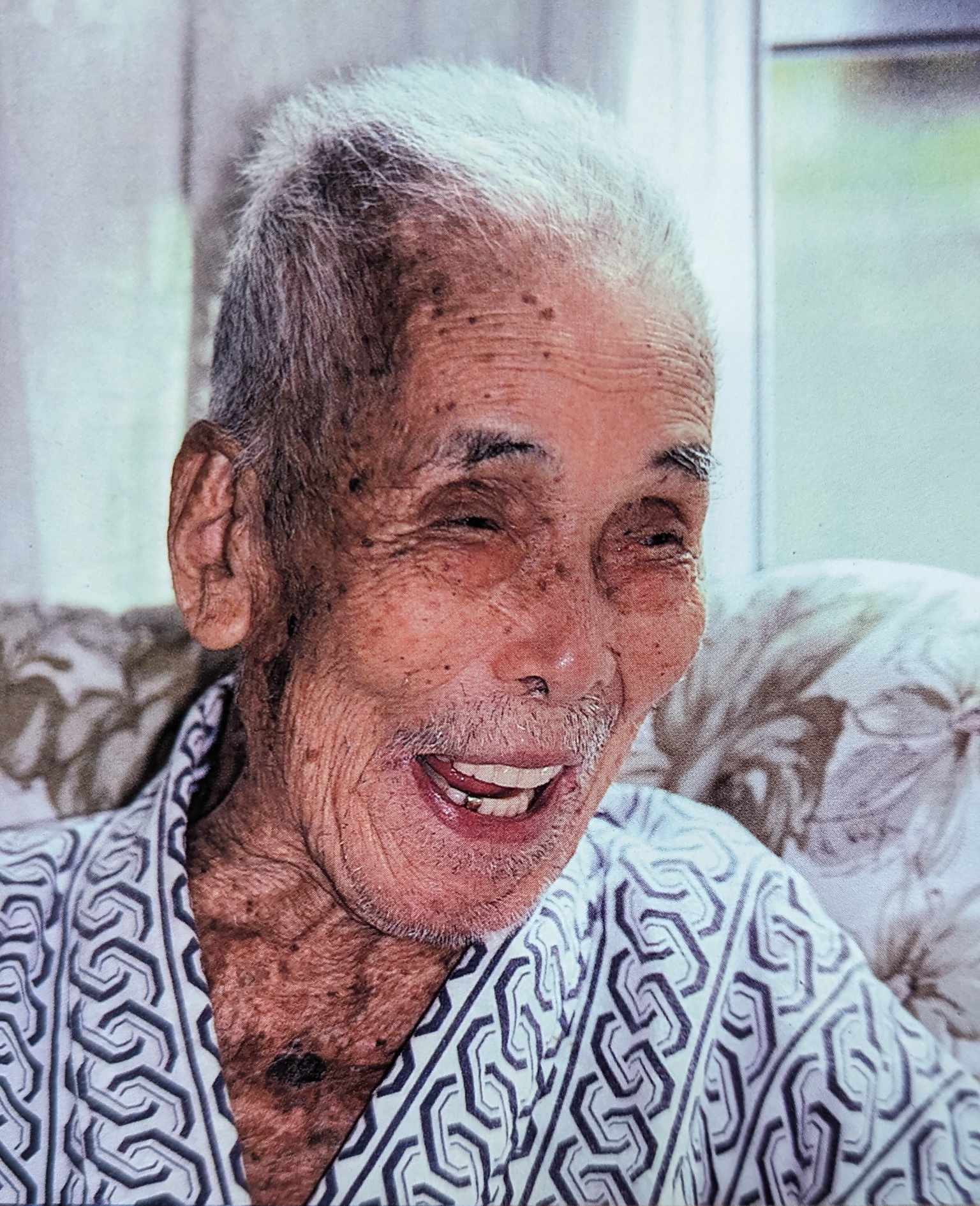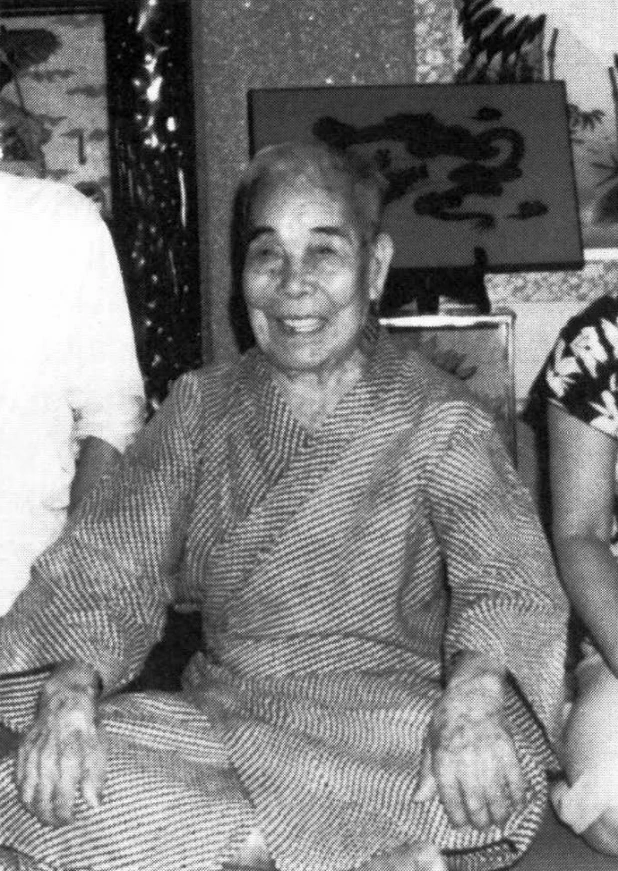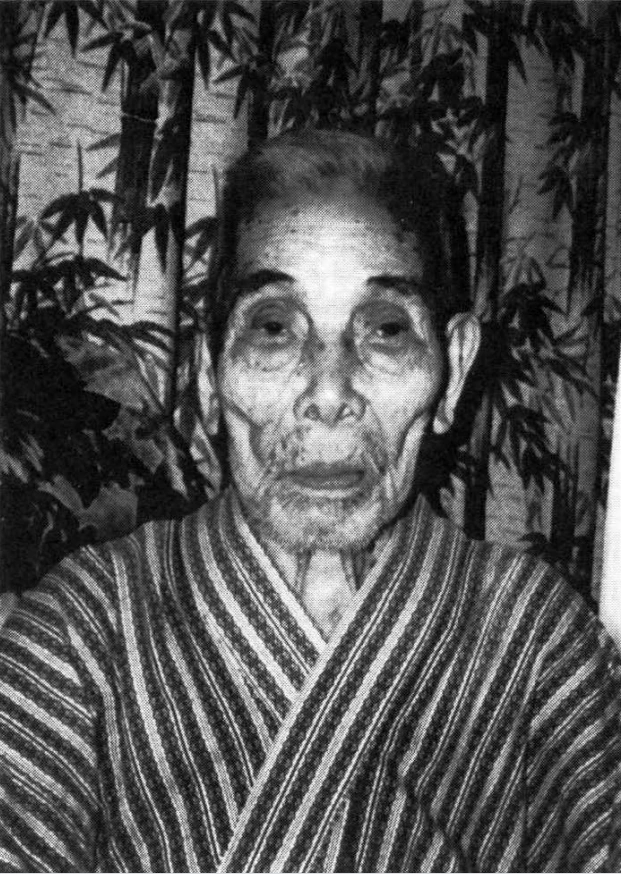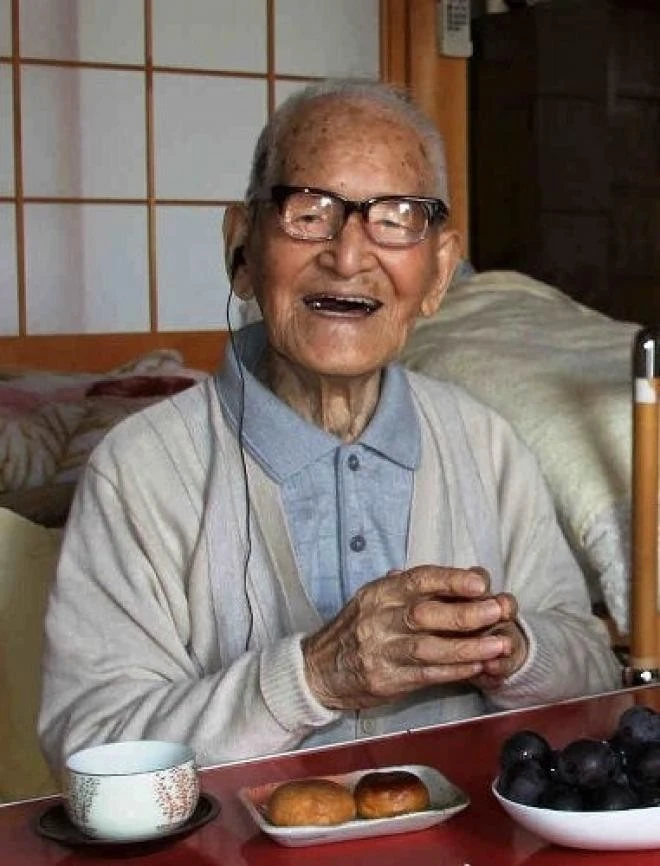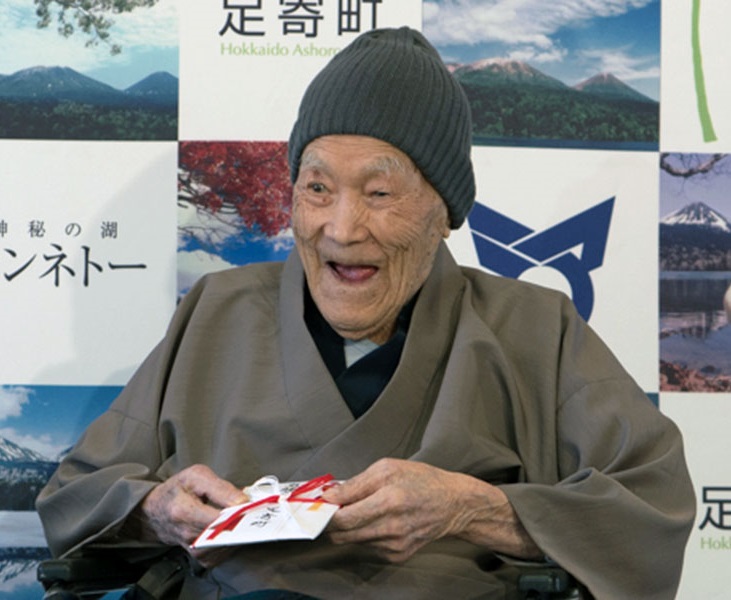Gengan Tonaki [Japanese: 渡名喜元完) was a validated Japanese supercentenarian who was the oldest undisputed man ever from Japan at the time of his death.
BIOGRAPHY
Gengan Tonaki was born on 30 October 1884 in Sashiki, a town located on the southern tip of the Japanese island of Okinawa. He was the second-oldest of seven children born into a poor farming family, and was their only son. He attended primary school until the fourth grade.
In 1905, during the Russo-Japanese War, Tonaki moved to Hawaii and worked on a plantation for the following 10 years. In 1915, he returned to Okinawa, where he married a woman named Kame, who was eight years his junior. With his new wife, he returned to Hawaii, where the couple would have six children together. Some years later, he and his family would later return to Japan, while their grandchildren remained in the United States. During World War II, amidst the chaos of the Battle of Okinawa, Tonaki and his family attempted to evacuate to the United States, but tragedy struck as his wife, eldest son, and his three daughters died during the battle. After the war, he remarried, although he and his second wife divorced after three years of marriage.
Throughout his 70s and 80s, he earned a living through cultivating sugarcane on his farm. Despite living alone, he was known to be very welcoming of guests, and always enjoyed having conversations with visitors. While he never smoked, he enjoyed alcohol, and often drank several cans of beer every day before suffering from hemorrhoids at the age of 85. Three years later, at the age of 88, he had cataract surgery and spent less time working on his farm, although he would continue to work sporadically until the age of 97, when he sold his farm and moved in with his son and daughter-in-law in Okinawa City.
In 1993, at the age of 108, he moved into a nursing home. In his later years, he enjoyed watching sumo matches on TV, and frequently listened to the news and exercise programs on the radio. He also loved to listen to Okinawan folk music, and could play the sanshin, a three-stringed Okinawan instrument.
Gengan Tonaki died of pneumonia in Okinawa City, Japan on 24 January 1997, at the age of 112 years, 86 days. At the time of his death, he was the oldest person to have ever lived in Okinawa Prefecture.
RECOGNITION
As a supercentenarian, Tonaki received significant media attention throughout Okinawa and Japan as a whole. He was studied by a group of medical researchers throughout his centenarian years, who would later publish a research paper discussing their findings.
ATTRIBUTION
* “渡名喜元完さん告別式 男性長寿日本一” – Ryukyu Shimpo, 27 January 1997
* Longitudinal and Comprehensive Follow-up Study of the Oldest Man in Japan – J-Stage
* “男性長寿日本一、渡名喜元完さんの高笑い” – 年新北風号 長寿の島特集, 1993
Related Profiles
[crp limit=’4′ ]

